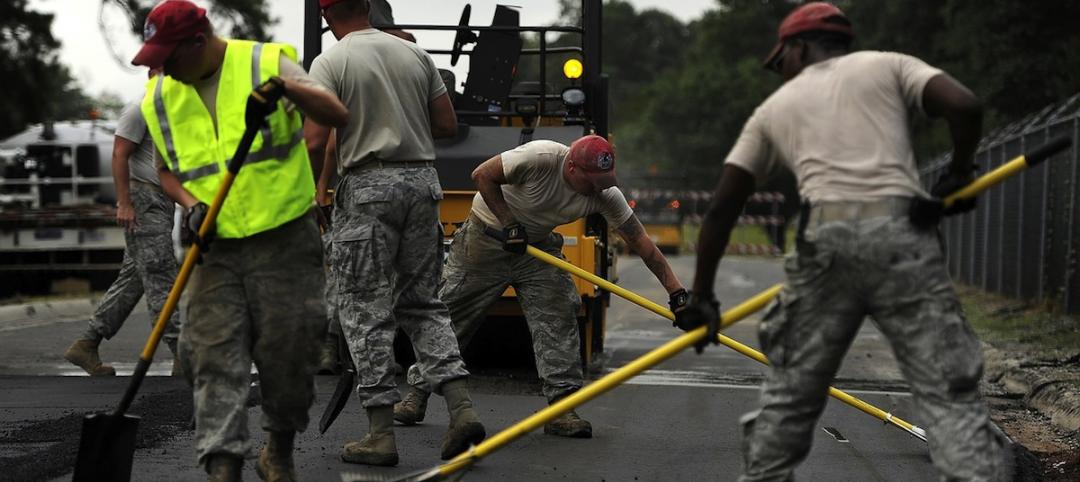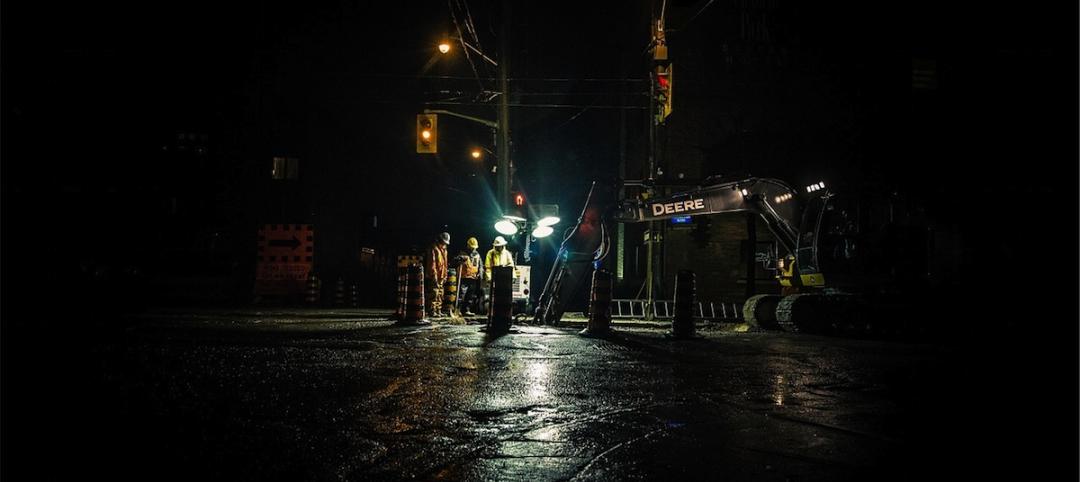Defense Secretary Chuck Hagel recently spoke of the major challenges facing America’s military resulting from climate change. Among the challenges the armed forces may face is rising sea levels that could put Navy docks and other installations under water in places like Norfolk, Va., Honolulu, and other coastal locations.
The Pentagon has been working for years to reduce the military's carbon footprint by using alternative fuels and more stringent energy-efficiency construction standards. Despite these efforts, the military was responsible for 71% of the federal government's carbon footprint in 2010. A federal greenhouse gas report said that more than 60% of the Pentagon's carbon footprint cannot be reduced easily.
A newly released Defense Department report identifies four things that will affect the U.S. military due to climate change: rising global temperatures, changing precipitation patterns, more extreme weather, and rising sea levels. It calls on the department and the military to identify specific concerns, including possible effects on the more than 7,000 bases and facilities worldwide, and to start putting plans in place to deal with them.
(http://www.huffingtonpost.com/2014/10/13/climate-change-military_n_5975734.html)
Related Stories
Codes and Standards | May 7, 2015
Widespread damage from Nepal earthquake due to poor implementation of building code
Nepal’s code author says destruction was ‘inevitable.’
Codes and Standards | May 7, 2015
Lavish residential skyscrapers prompt concern over shadows
New York, San Francisco, Washington, D.C., and Boston among cities grappling with height regulations.
Codes and Standards | May 7, 2015
Several states moving to repeal prevailing wage laws
Anti-prevailing wage bills that apply to state-funded construction projects have been passed in West Virginia and Nevada. Similar laws could be passed in Indiana and Illinois.
Codes and Standards | May 7, 2015
New OSHA rule aimed at protecting construction workers in confined spaces
The agency says the rule will protect about 800 workers a year from serious injury.
Codes and Standards | May 1, 2015
Colorado House kills construction defects bill
The legislation would have made it harder for condo owners to sue builders.
Codes and Standards | May 1, 2015
New energy efficiency program, Tenant Star, gets OK from Congress
The voluntary program for commercial and government buildings is modeled after Energy Star.
Smart Buildings | May 1, 2015
FEMA to require states to evaluate risks posed by climate change
The aim is for states to do a better job planning for natural disasters they are likely to face in a warming world.
Codes and Standards | May 1, 2015
Department of Energy asks for feedback on cost-effectiveness of building energy codes
DOE’s RFI wants input on how to improve methodology on cost assessment.
Codes and Standards | Apr 22, 2015
New York State renews design-build authority
Five state agencies are allowed to use design-build on certain projects.
Codes and Standards | Apr 22, 2015
OSHA’s estimated cost of silica rule said to underestimate impact by $4.5 billion annually
The coalition says that OSHA’s flawed cost estimates point to flaws in the rule, and has urged the federal agency to reconsider its approach.
















